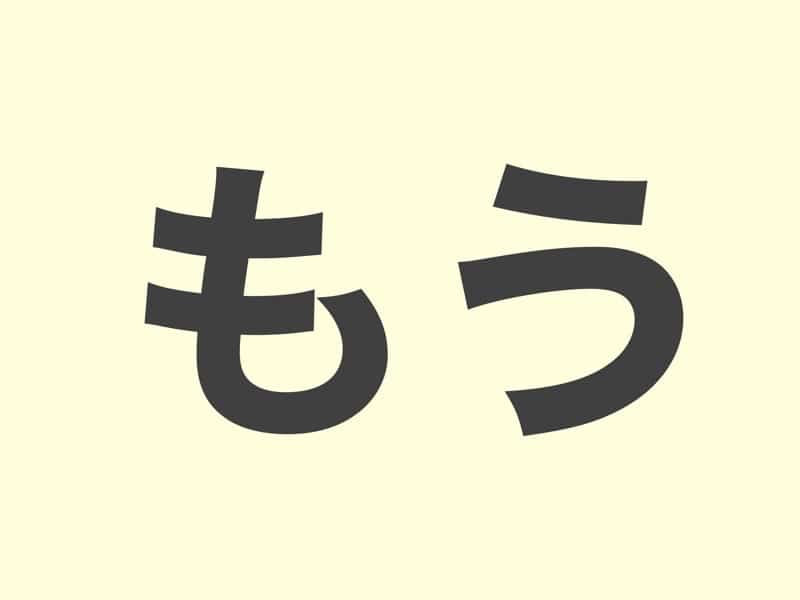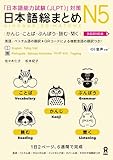説明 (Explanation)
文法(Grammar):もう+過去形 (mou+past sentences)
意味 (Meaning):もうは、「すでに」と訳される副詞です。過去形と一緒に使います。ある行動が完了したことを示します。また、否定文で「もはや」という意味でも使われます。これ以上無理、できないという表現です。
英語(English):The word もう (mō) in Japanese is an adverb that translates to “already” in English. It is commonly used to indicate that an action has been completed. もう (mō) can also mean “anymore” or “no longer” when used in negative sentences. In this context, it signifies that something is not happening or no longer applies.
例文 (Examples)
Already
- もう昼ごはんを食べましたか。
→はい、もう食べました。
→いいえ、まだです。
Anymore
- もう行きません。
- もう食べることができません。
- もうしたくないです。
ひらなが (Hiragana)
Already
- もうひるごはんをたべましたか。
→はい、もうたべました。
→いいえ、まだです。
Anymore
- もういきません。
- もうたべることができません。
- もうしたくないです。
Romaji
Already
- mō hiru gohan o tabemashita ka?
→hai, mō tabemashita.
→iie, mada desu.
Anymore
- mō ikimasen.
- mō taberu koto ga dekimasen.
- mō shitakunai desu.
英語翻訳 (English Translation)
- Have you already eaten lunch?
→Yes, I have already eaten.
→No, not yet.
- I’m not going anymore.
- I can’t eat anymore.
- I don’t want to do it anymore.




コメント